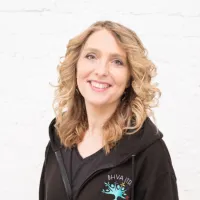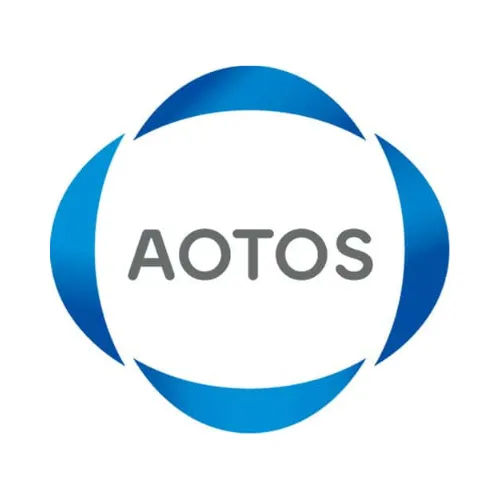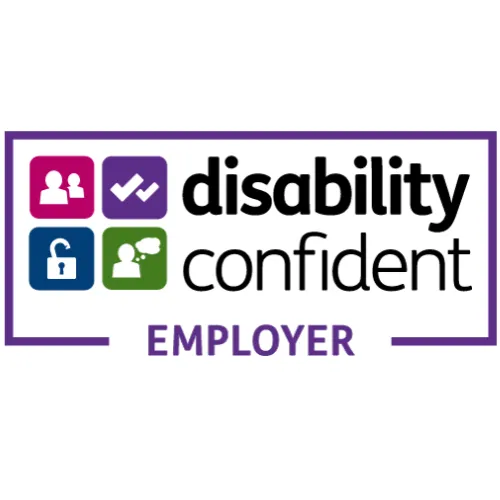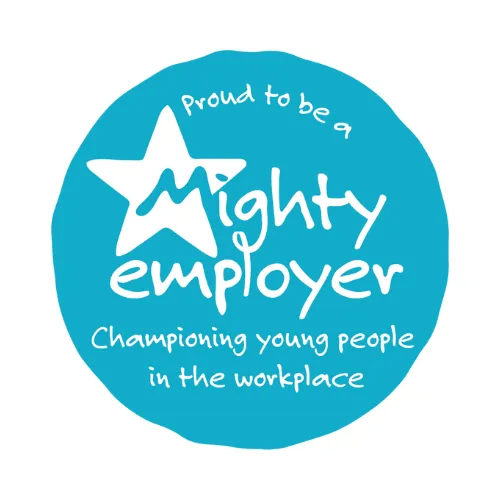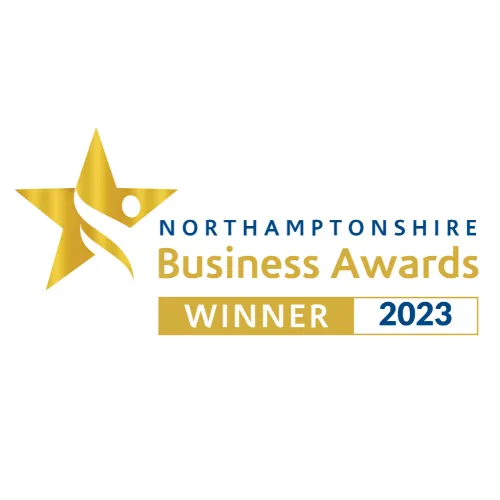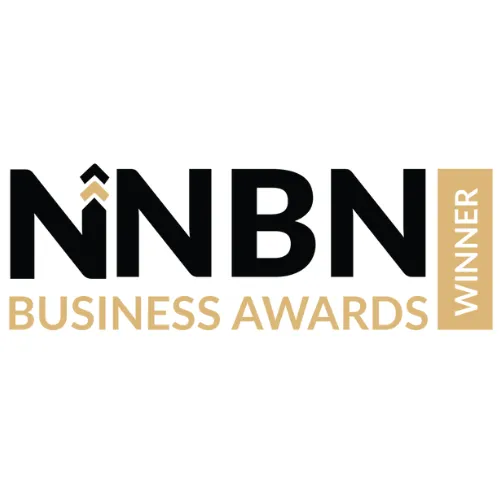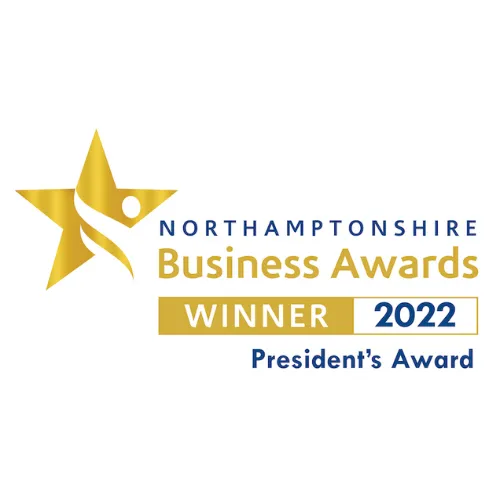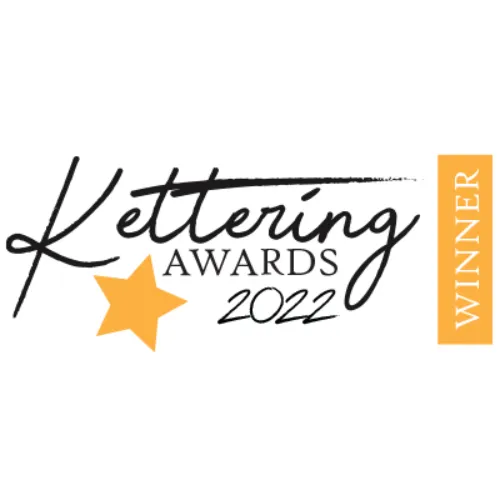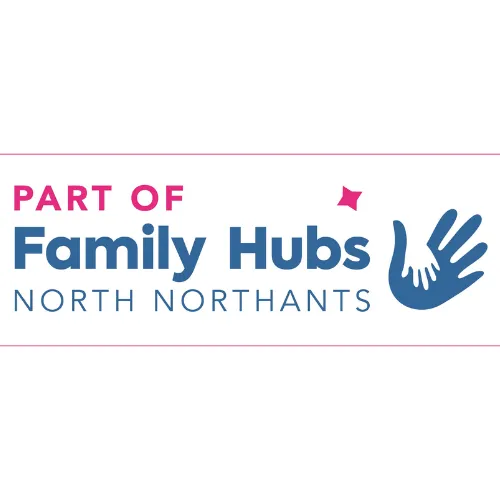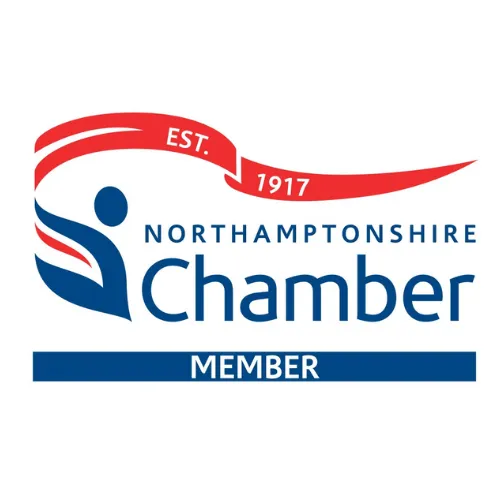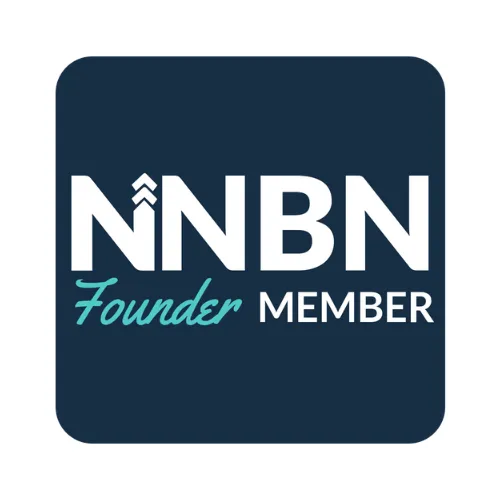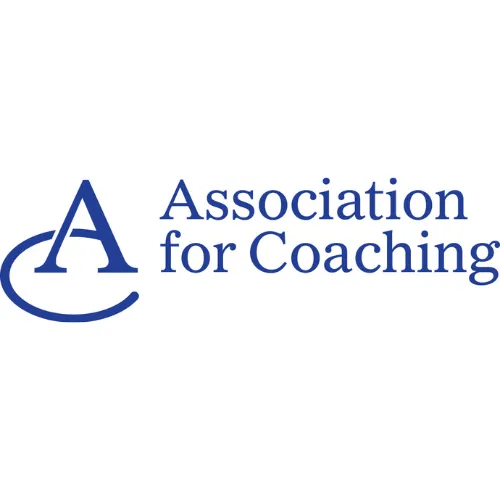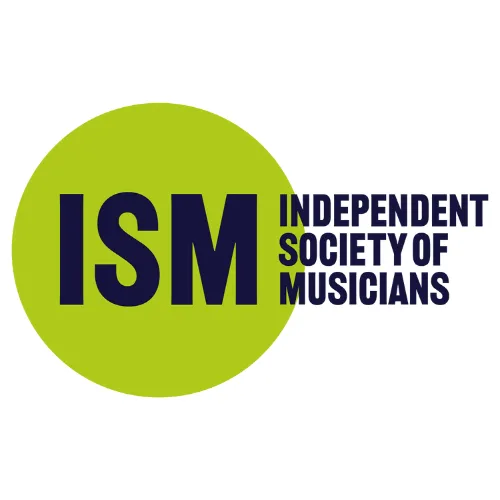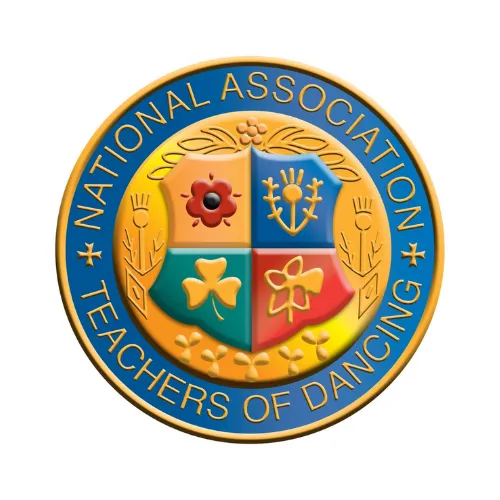Welcome to our Learning Hub
Empower Your Curiosity
Insights, Stories, and Tips for the Inquisitive Mind
Our Story and Mission
Our journey began in the vibrant world of creative arts, a path that has not only shaped us as artists but as leaders, educators, and advocates. Through the arts, we discovered powerful skills — creativity, communication, resilience — that transcend the studio and stage, enriching our lives in education, business, and community leadership. Inspired by our own transformation, we're dedicated to unlocking this potential in others. Our mission is to guide individuals in exploring their creative talents, developing their personal and professional skills, and empowering them to lead and inspire in all aspects of their lives.
Our ethos is simple – everyone has a story to tell, a song to sing, or a dance to share. We believe in the transformative power of the arts to enrich lives and communities. By making arts accessible to all, we aim to foster confidence, creativity, and a sense of belonging.
So, dive in! Explore, learn, and let us know if there's something specific you're curious about. We're here to help, one post at a time.
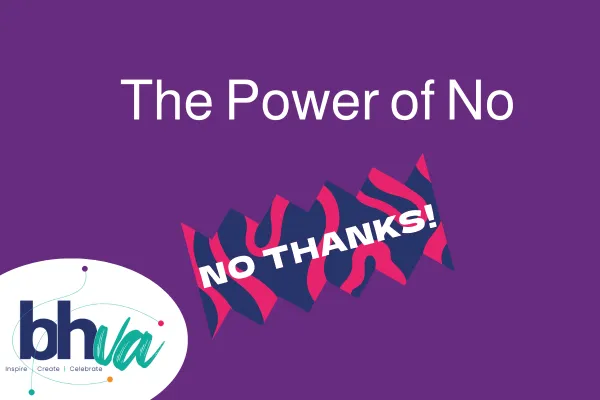
Power of No
Embracing a Simple Yet Transformative Word
In our daily lives, we often overlook the simplicity and power of the word "No." Yet, learning to use this two-letter word effectively can lead to profound changes in both personal and professional realms. Here we hope to shed light on why "No" is not just a response but a gateway to empowerment and self-discovery.
The Importance of Saying "No"

"No" is a small word with enormous implications. It acts as a shield, protecting our time, our beliefs, and our well-being. It’s about setting boundaries and knowing our limits, which is essential in every aspect of life—be it personal, professional, or creative. Using "No" thoughtfully allows us to stay true to our priorities and values, rather than getting swept away by the desires and demands of others.
The Emotional Landscape of "No"

Saying "No" can evoke a spectrum of emotions. Initially, there might be anxiety or guilt, especially for those of us who naturally lean towards pleasing others. The other day we experienced feeling anxious after declining a request via email, highlighting how challenging it can be to prioritise our needs over others'. However, with practice, saying "No" can also lead to feelings of relief and empowerment, knowing that you have made a choice that aligns with your best interests.
How to Use "No" Effectively

Using "No" effectively requires clarity and, sometimes, justification. It’s not about declining every request or opportunity; it's about making choices that align with your goals and values. For instance, when a promising opportunity doesn't fit with your current strategy or vision, saying "No" can prevent you from straying off your path. It's important to communicate your reasons clearly to ensure that your decision is respected and understood.
Top Tips for Implementing "No" in Your Life
Understand Your Why: Know why you are saying "No." This understanding will give you the confidence to stand by your decision.
Practice: Like any skill, saying "No" gets easier with practice. Start with small things and gradually work your way up.
Communicate Clearly: Be clear and direct in your communication. If possible, provide a reason for your "No" to help others understand your perspective.
Stay Firm but Polite: You can say "No" while still being respectful and considerate. Tone and delivery can make a significant difference in how your message is received.
Reflect on Your Feelings: After saying "No," take a moment to assess how you feel. This reflection can help you understand and manage the emotional effects of your decision.
In embracing the word "No," we embrace our right to choose, to prioritise, and to protect our interests. It may be challenging at first, but the act of saying "No" is crucial for our personal growth and fulfilment. So, the next time you find yourself hesitating, remember the power that comes with this simple word, and don't be afraid to use it. It might just be the most empowering decision you make.
Remember, "No" is more than just a word—it's a statement of your autonomy. Use it wisely and watch as it transforms your day to day.
Sign Up to BHVA Insights
Catch the latest on events, offers, and fresh ideas.
All delivered to your inbox every fortnight.
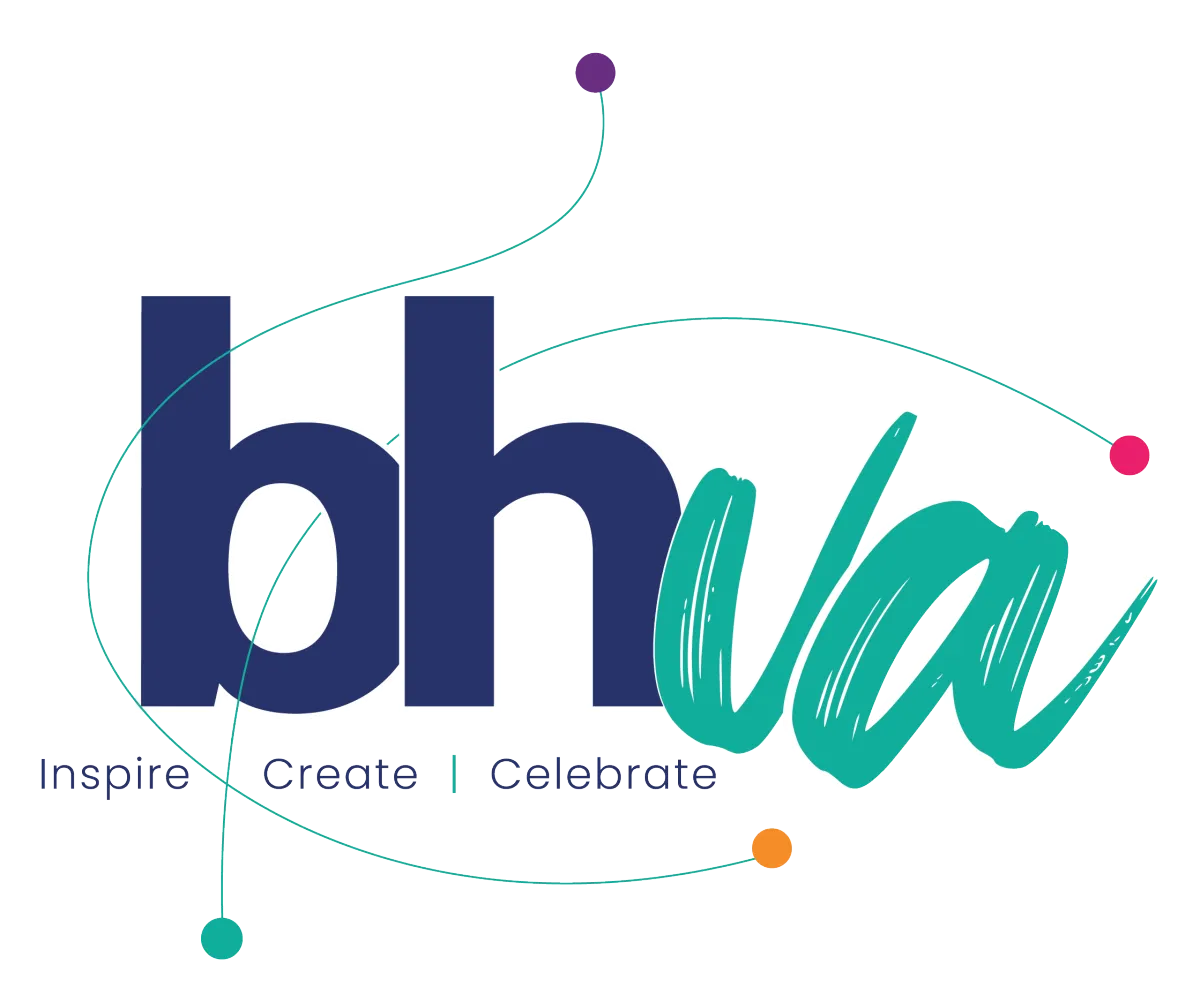
Beccy Hurrell Voice & Arts Limited is registered in England. Company No: 13263202. Registered office: 10 Kirby Street, Kettering, NN15 5GR
